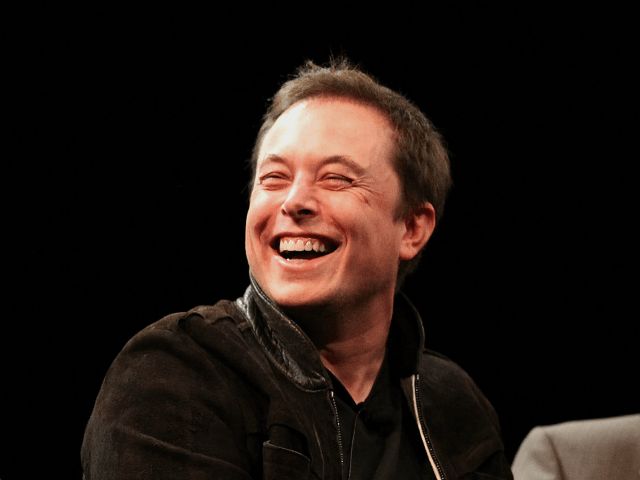Bloomberg published an article recently outlining the lengths that Tesla CEO Elon Musk went to in order to punish Tesla whistleblower Martin Tripp.
Bloomberg published an article recently titled “When Elon Musk Tried to Destroy a Tesla Whistleblower,” which outlines the steps that the Tesla CEO took against whistleblower Martin Tripp. Bloomberg summarized Musk’s issues with Trip, writing:
By the larger-than-life standards of Elon Musk, the story was far from a blockbuster. On June 4, 2018, Business Insiderreported that Tesla Inc. was scrapping or reworking 40 percent of the raw materials at the Gigafactory, its huge battery plant in the Nevada desert. The article cited a source who figured the inefficiency had cost Musk’s electric car company $150 million, describing giant piles of scrap materials in the factory. Tesla denied the report, and a few hours later, the world moved on.
The world, that is, except Elon Musk. Although he wasn’t asked about the Business Insider story the following day at the company’s annual meeting, he stewed for weeks, dispatching a team of investigators to try to figure out who’d shared the information with the press.
The leaker, they determined, was one Martin Tripp, a slight man of 40 who’d spent his career in a series of low-level manufacturing jobs before finding his way to the assembly line at the Gigafactory. Tripp later claimed to be an idealist trying to get Tesla to tighten its operations; Musk saw him as a dangerous foe who engaged in “extensive and damaging sabotage,” as he wrote in a staff memo. He implied that Tripp had shared the data not only with the press but also with “unknown third parties.”
Bloomberg reports that in an effort to have Tripp silenced, Tesla’s PR department spread rumors that the former employee was a danger to others:
On June 20, the company sued Tripp for $167 million. Later that day, Tripp heard from the sheriff’s department in Storey County, Nev. Tesla’s security department had passed a tip to police. An anonymous caller had contacted the company to say Tripp was planning a mass shooting at the Gigafactory.
When the police confronted Tripp that evening, he was unarmed and in tears. He said he was terrified of Musk and suggested the billionaire might have called in the tip himself. A sheriff’s deputy attempted to cheer up Tripp and then called Tesla to tell the company that the threat, whoever had made it, was bogus. Tripp wasn’t dangerous.
Many chief executive officers would try to ignore somebody like Tripp. Instead, as accounts from police, former employees, and documents produced by Tesla’s own internal investigation reveal, Musk set out to destroy him.
Tesla’s PR department spread rumors that Tripp was possibly homicidal and had been part of a grand conspiracy. On Twitter, Musk suggested the Business Insider reporter, Linette Lopez, was on the payroll of short sellers and claimed Tripp had admitted to taking bribes from her in exchange for “valuable Tesla IP.” Lopez denied the allegation.
Now, Tripp’s story of unfair targeting by Musk is being backed up the former security manager at the company’s Gigafactory, Sean Gouthro, who recently filed a whistleblower report with the SEC:
Musk’s treatment of Tripp threatens to complicate this legal and regulatory mess. The security manager at the Gigafactory, an ex-military guy with a high-and-tight haircut named Sean Gouthro, has filed a whistleblower report with the SEC. Gouthro says Tesla’s security operation behaved unethically in its zeal to nail the leaker. Investigators, he claims, hacked into Tripp’s phone, had him followed, and misled police about the surveillance. Gouthro says that Tripp didn’t sabotage Tesla or hack anything and that Musk knew this and sought to damage his reputation by spreading misinformation.
A Tesla spokeswoman said in a statement that Gouthro’s allegations “are untrue and sensationalized,” but she didn’t comment on specifics. She pointed out that Gouthro never raised any concerns until he was fired for “poor performance.” Gouthro disputes this and says his performance reviews were mostly positive. He says he’s coming forward to let regulators and the public know what Tesla is capable of.
“They had the ability to do things I didn’t even know existed,” he says. “It scared the shit out of me.”
Read the full article in Bloomberg here.
Lucas Nolan is a reporter for Breitbart News covering issues of free speech and online censorship. Follow him on Twitter @LucasNolan or email him at lnolan@breitbart.com

COMMENTS
Please let us know if you're having issues with commenting.